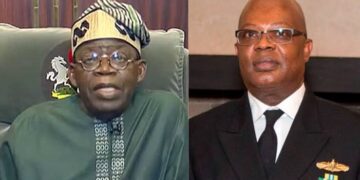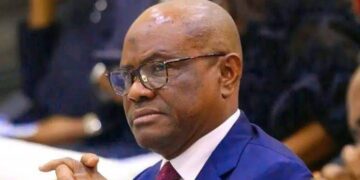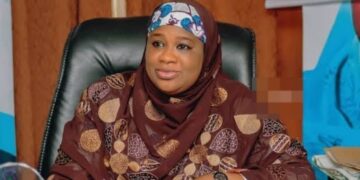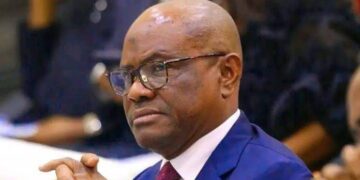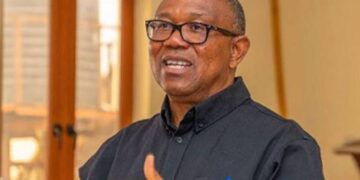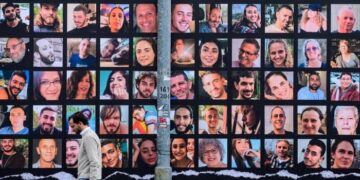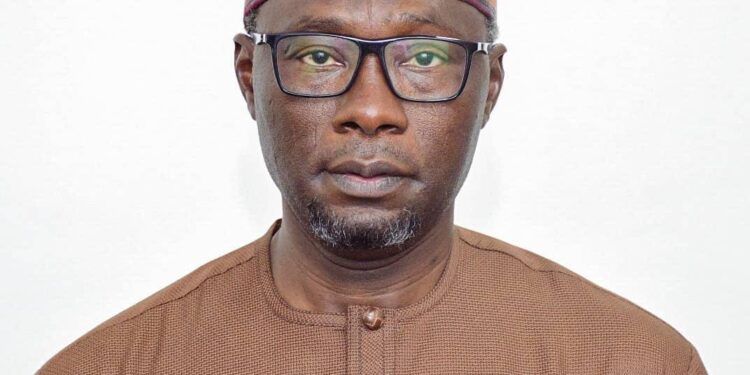As we engage in fervent discussions about the state of Nigeria today, we often overlook a crucial consideration – Nigeria’s future, particularly the next twenty-five years. Reflecting on historical milestones can provide perspective: On October 1, 1979, Alhaji Shehu Usman Aliyu Shagari took the oath of office as Nigeria’s president. At that time, future President Goodluck Jonathan was a 22-year-old undergraduate at the University of Port-Harcourt. Shagari was 54 years old. Ayo Fayose was 19, Bukola Saraki was 17, and Yemi Osibajo was also 22. The era of Shagari and contemporaries such as Adisa Akinloye, Sabo Barkin Zuwo, Ume Ezeoke, Akin Omoboriowo, Olusola Saraki, Sunday Awoniyi, Garba Nadama, among others, has irreversibly passed.
Some of us can still fondly recall school days, filled with ambition and hope, both for ourselves and for society. We drew inspiration from nationalists and inventors whose contributions profoundly advanced the human condition. Our academic pursuits were fueled by a rich diet of books: Nelkon for Physics, Lambert for Chemistry, B.O. Adeleke and Goh Cheng Leong for Geography, Phebean Ogundipe for Practical English, and literary giants like Achebe and Soyinka. We prided ourselves on our knowledge of current affairs, and our schools buzzed with the excitement of inter-school quizzes and literary and debating competitions.
Fast forward, now, the contrast could not be starker, evoking a sense of alarm. Conversations with today’s students reveal a troubling decline in the command of the simple academic English language, with many struggling to construct error-free sentences. The decline in literary and academic standards points to a broader issue: the preparedness of the coming generation to shoulder the mantle of leadership and progress. Ask them what motivates them, and they are likely to mention music, particularly hip-hop. They have hundreds of downloaded songs on their phones and can sing them all offhand. They know all the singles of Nice, Neato C, Timaya, Davido, and Whiz Kid offhand. The ladies among them take pride in enticing men old enough to be their fathers on social media with buxom physiques. However, they do not know much about the history of nationalism in the country. Ideas about a good society, a responsible family, and good conduct do not motivate them. They just want to make money because their friends who engage in fraudulent activities are rich and drive fancy cars; their friends who were engaged in nefarious activities drive SUVs! The things that interest them are things that do not add value. They have Google but never use it for the advancement of knowledge but to download trivialities and frivolities.
Yet, in twenty-five years or so, they are the ones who will be contesting to become governors, senators, representatives, and even President. They belong to a generation that does not care about morality, a generation motivated only by money and its acquisition. From 2035 to 2040, they will be our senators, representatives, governors, and so on. I wonder if we have ever spared a thought for how this country will look like under them. I told a man recently, and these are my words: IF A GUY WHO IS IN SITTING DOWN SOMEWHERE WITH A DEVICE COULD USE FALSE PRETENSE TO OBTAIN $20,000 FROM SOMEONE IN THE UNITED STATES, OR ANYWHERE IN THE WORLD, WHAT DO YOU THINK WILL HAPPEN IF SUCH A GUY BECOMES A STATE GOVERNOR AND IS IN CHARGE OF AN ALLOCATION HE DOES NOT EVEN HAVE TO OBTAIN UNDER FALSE PRETENSE, WHICH HIS STATE IS STATUTORILY ENTITLED TO? How did we get into this mess? How can we get out of this predicament? I am worried, deeply worried and really scared. Are you?
The disconcerting question arises: what kind of leadership will Nigeria have in 25 years if the current trend persists? Will future leaders possess the necessary knowledge, skills, and ethical grounding to steer the country towards prosperity and stability?
It is time for national introspection and a concerted effort to rekindle the flame of learning and intellectual curiosity that once defined our youth. Educational systems must be revitalized, and the culture of reading and critical thinking must be nurtured from an early age. Only by investing in the minds and hearts of the coming generation can we hope to see a Nigeria that is vibrant, progressive, and led by individuals capable of charting a positive course for the nation’s future.

